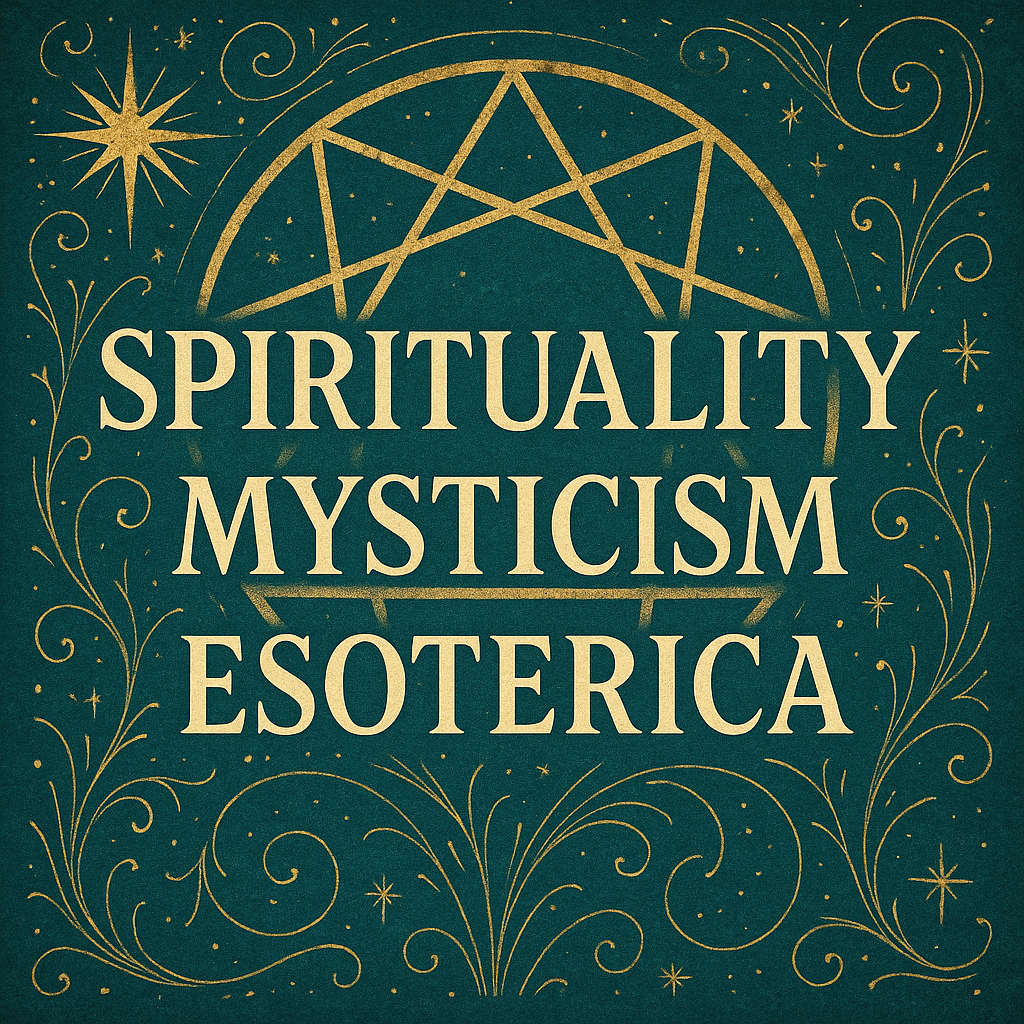I used to think healing from trauma was mostly about understanding what happened to you. If I could just map out the origin story—the neglect, the betrayals, the abandonment—I’d be free. I devoured books like The Body Keeps the Score, Waking the Tiger, and Healing Developmental Trauma like a detective looking for the missing piece of a decades-old case.
But after reading over a hundred books on trauma (and many more on psychology, somatic healing, and spiritual growth) I can tell you: healing isn’t just about insight. It’s about integration. It’s about building a relationship with the parts of yourself that never stopped living in survival mode.
The Books That Changed Me
Some books offered a framework, like Janina Fisher’s Transforming the Living Legacy of Trauma, or Richard Schwartz’s Internal Family Systems Therapy. Others handed me a mirror, like Pete Walker’s Complex PTSD or John Bradshaw’s Healing the Shame that Binds You. And still others showed me how the body speaks when words fall short—The Language of the Body by Alexander Lowen and Bioenergetics among them.
What these books all have in common is they challenge the idea that trauma is just a mental story. Trauma is stored in the body, in the nervous system. And healing isn’t about deleting the past. It’s about updating your internal systems to know that the threat is over.
What Real Healing Looks Like
Real healing is messy. It’s often quiet. It’s not a straight line. Sometimes, it looks like letting yourself cry in your parked car before picking up your kids. Sometimes it means having the same conversation in therapy for the 10th time until your body finally believes you.
Real healing is when the panicked part of you starts to trust that you won’t abandon it. When your inner critic softens just enough for you to try again. When you can say, “I’m scared,” and let someone witness it without trying to fix it.
From Consumer to Integrator
I won’t lie—there was a time I mistook reading for healing. I was consuming books the way I used to consume attention or approval—hungrily, desperately. It took a while to realize that knowledge doesn’t metabolize until it’s lived.
Now, when I read, I’m looking less for answers and more for resonance. What lands in my gut, not just my intellect? What supports the life I’m trying to build, not just the story I’m trying to make sense of?
Final Thoughts
Trauma isn’t just a buzzword. And healing isn’t a checklist. It’s a relationship—with yourself, with your body, with others. Books can be guides. But they can’t walk the path for you.
If you’re on this path too, know that you’re not alone. And if you’re stuck, maybe the next book isn’t what you need. Maybe it’s a breath. A pause. A kind word to a frightened part of you that’s still waiting for safety.
That’s where real healing starts.


